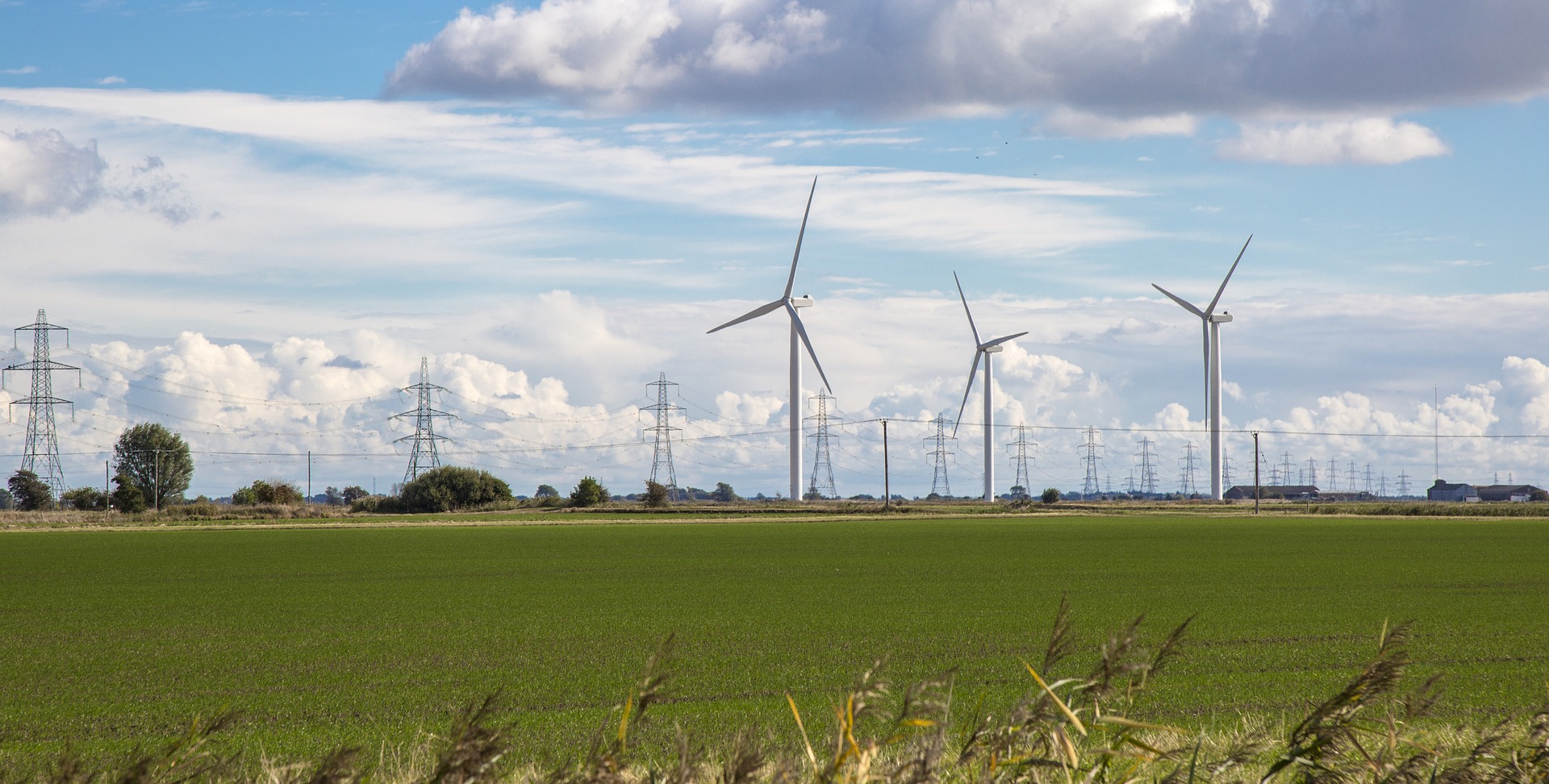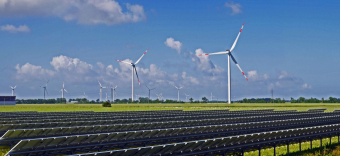
The newly awarded project to EPTISA in consortium with BERNARD Ingenieure ZT GmbH, funded by the European Union and managed by the Department for Contracting and Financing of EU Programmes (CFCU) aims at preparation of a Cadastre for Small Hydro Power Plants (SHPPs) as a package of instruments for reforming energy policy of the Republic of Serbia by meeting EU Acquis through increased use of renewable energy.
Over the next 24 months, a team of highly qualified and specialised international and local experts will support the Ministry of Mining and Energy and other key stakeholders in effective implementation of Serbian Energy Development Strategy in the renewable sector by encouraging and facilitating investments in SHPPs potentials.
Project results will be achieved through:
Assistance with the energy reforms in Serbia to comply with obligations from the energy acquis through increased use of renewable energy;
Preparation of the report on the current situation about SHPPs construction conditions including proposal for up to 20 new hydrological measurement points;
Design of Web application for the new Cadastre of SHPPs;
Development of the methodology for analysis of hydrological potentials, and analysis of geological situations for preparation of the new Cadastre;
Development of bilingual Cadastre data base in electronic format with all locations for SHPP from every particular rivers;
Upgraded existing GIS software with new Cadastre of SHPPs;
Capacity building and training activities including study tour in EU country for beneficiary institutions;
Visibility and public awareness activities with the aim to increase the use of renewable energy sources.
Source: eptisasee.com


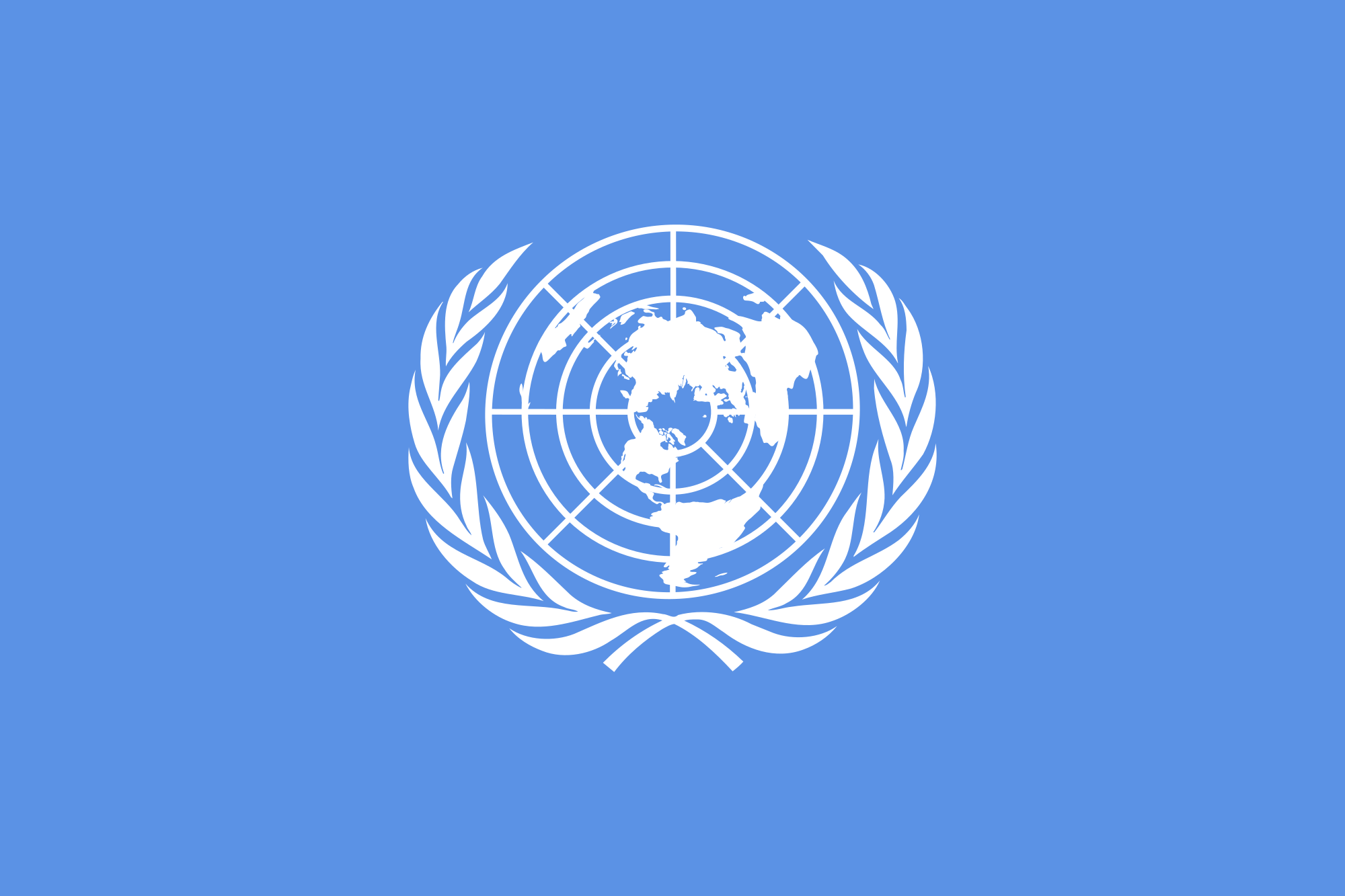
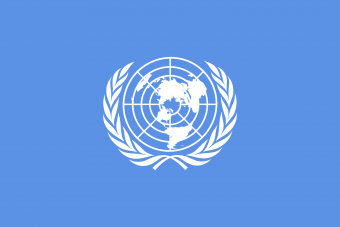
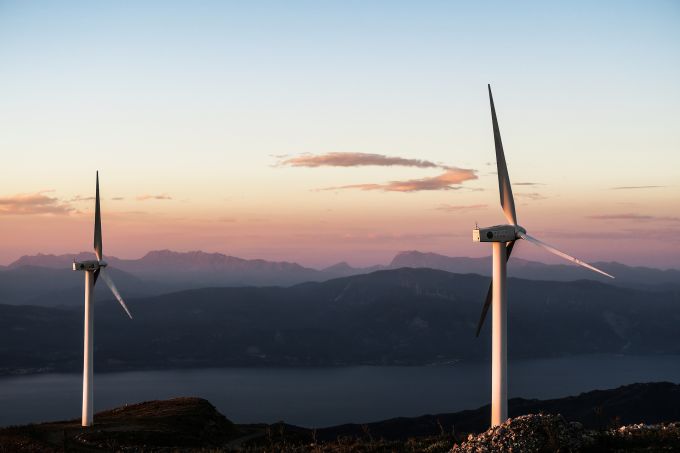
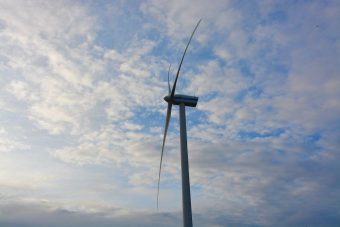


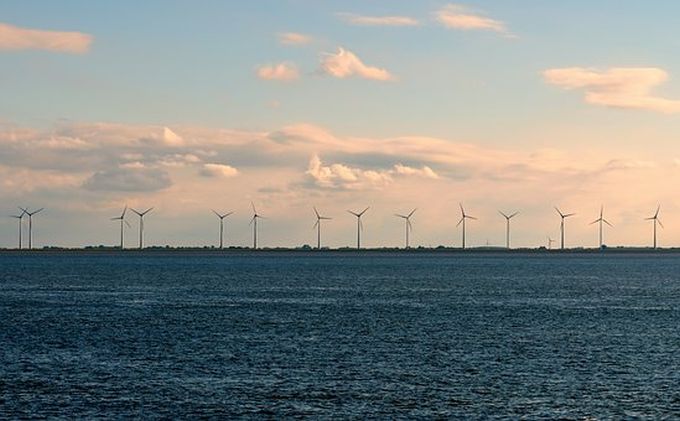
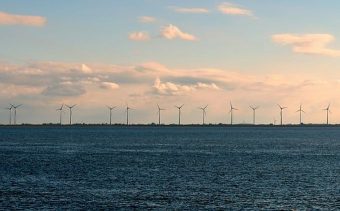
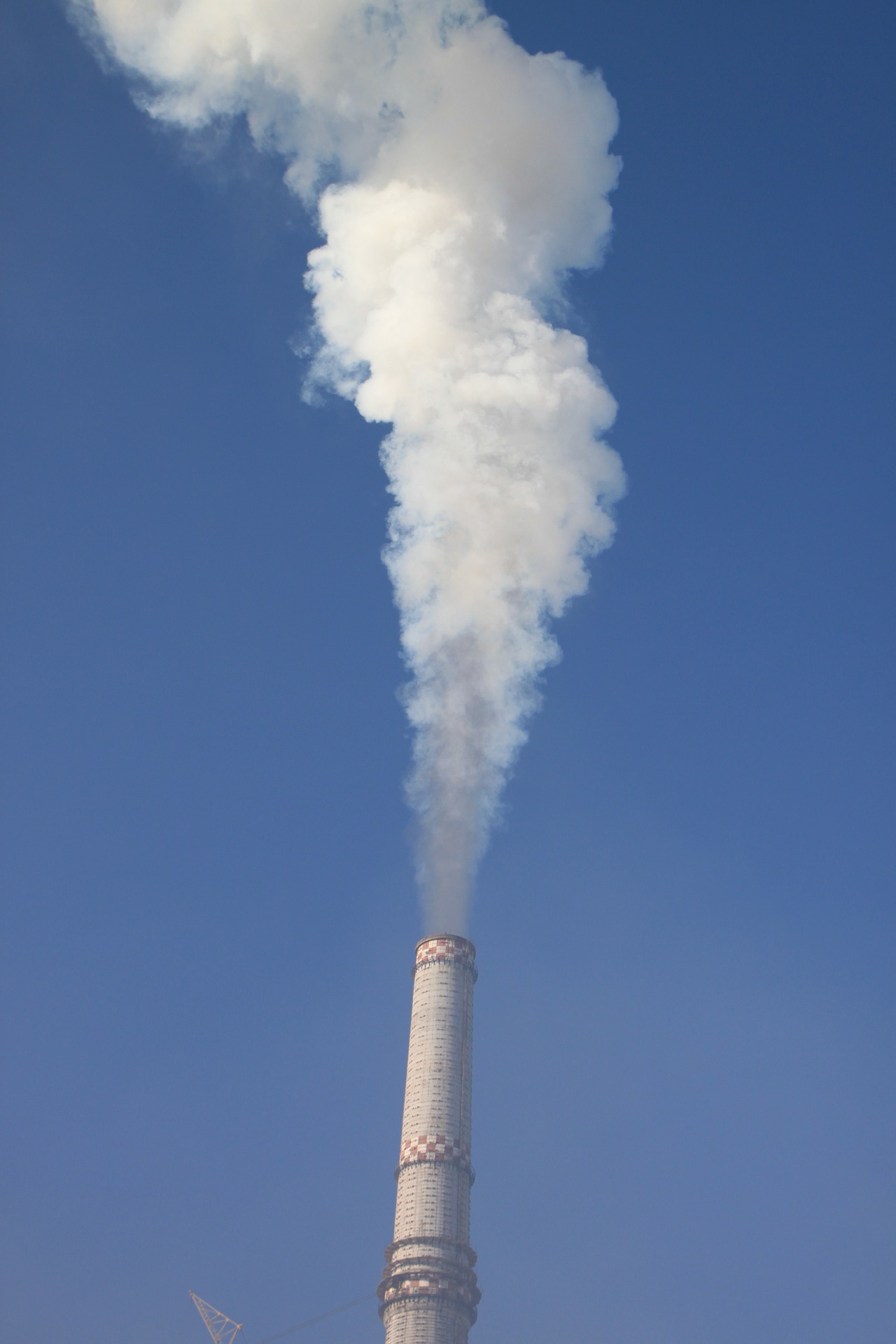
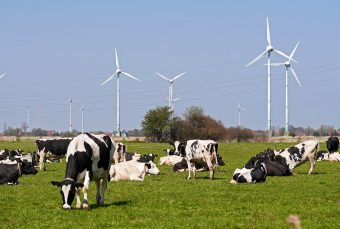


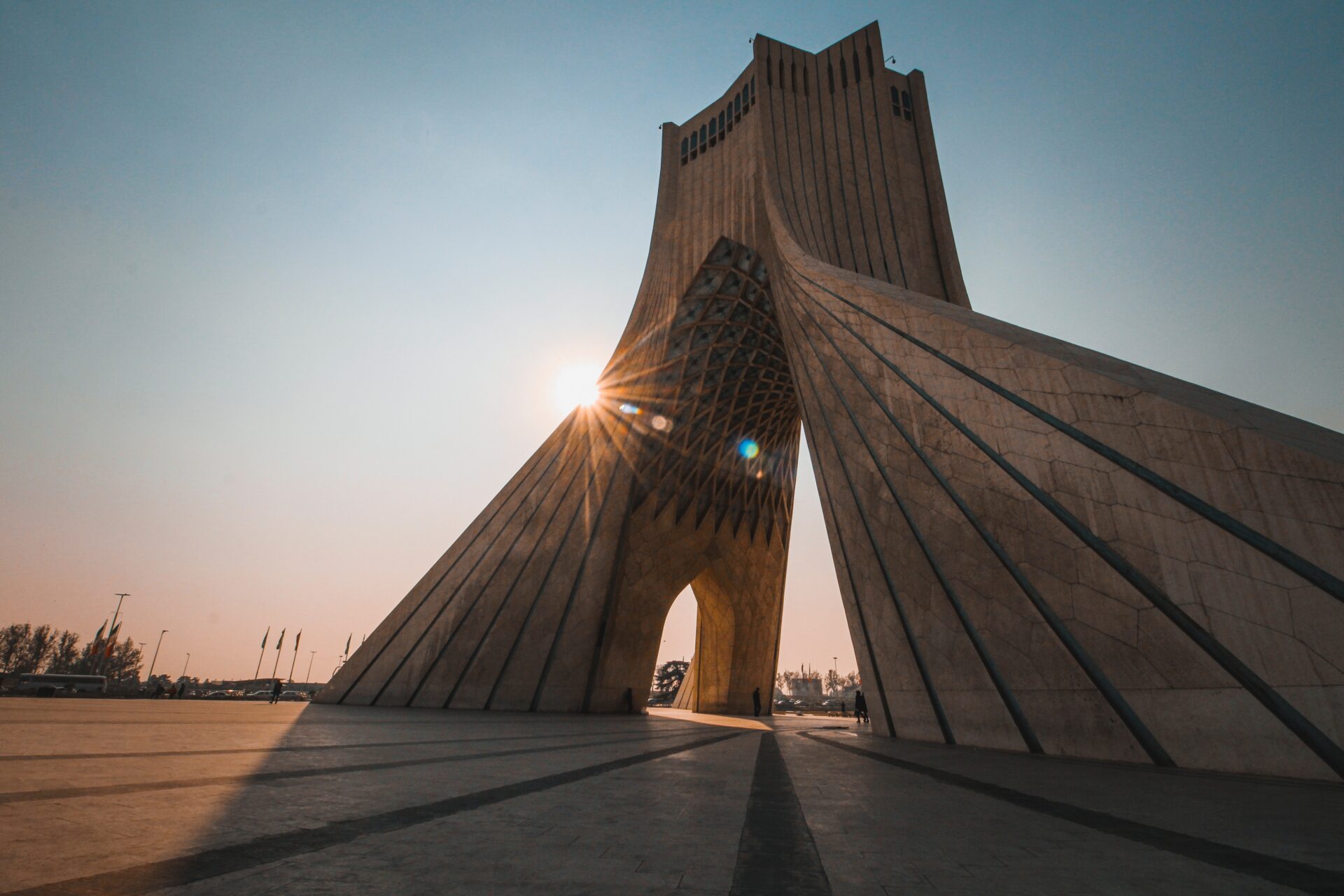
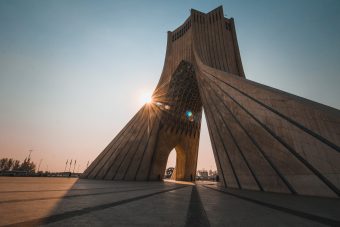
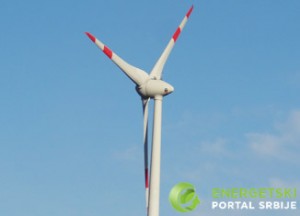
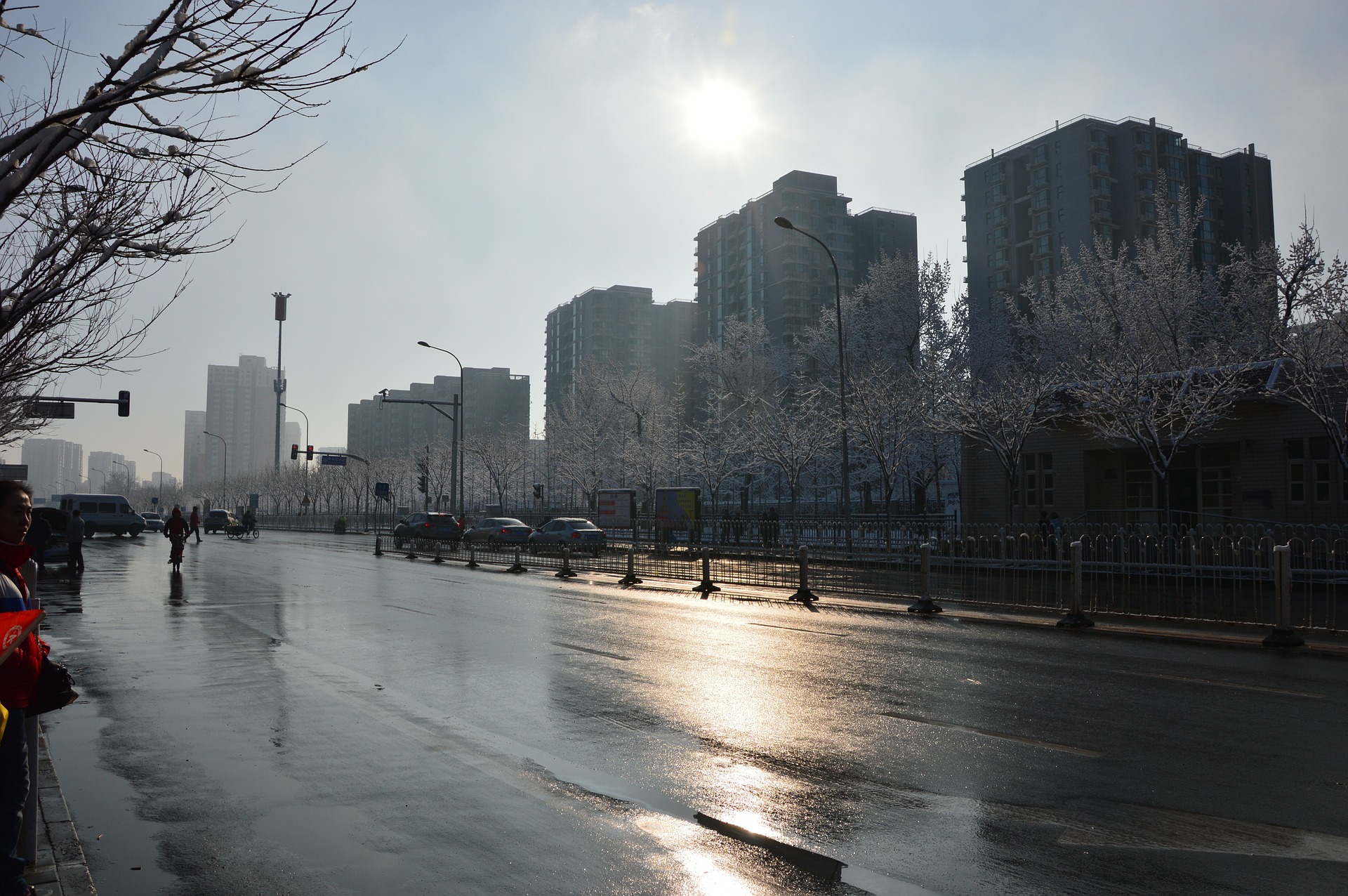

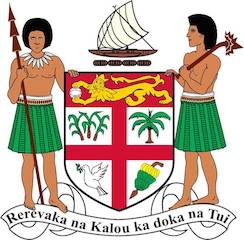
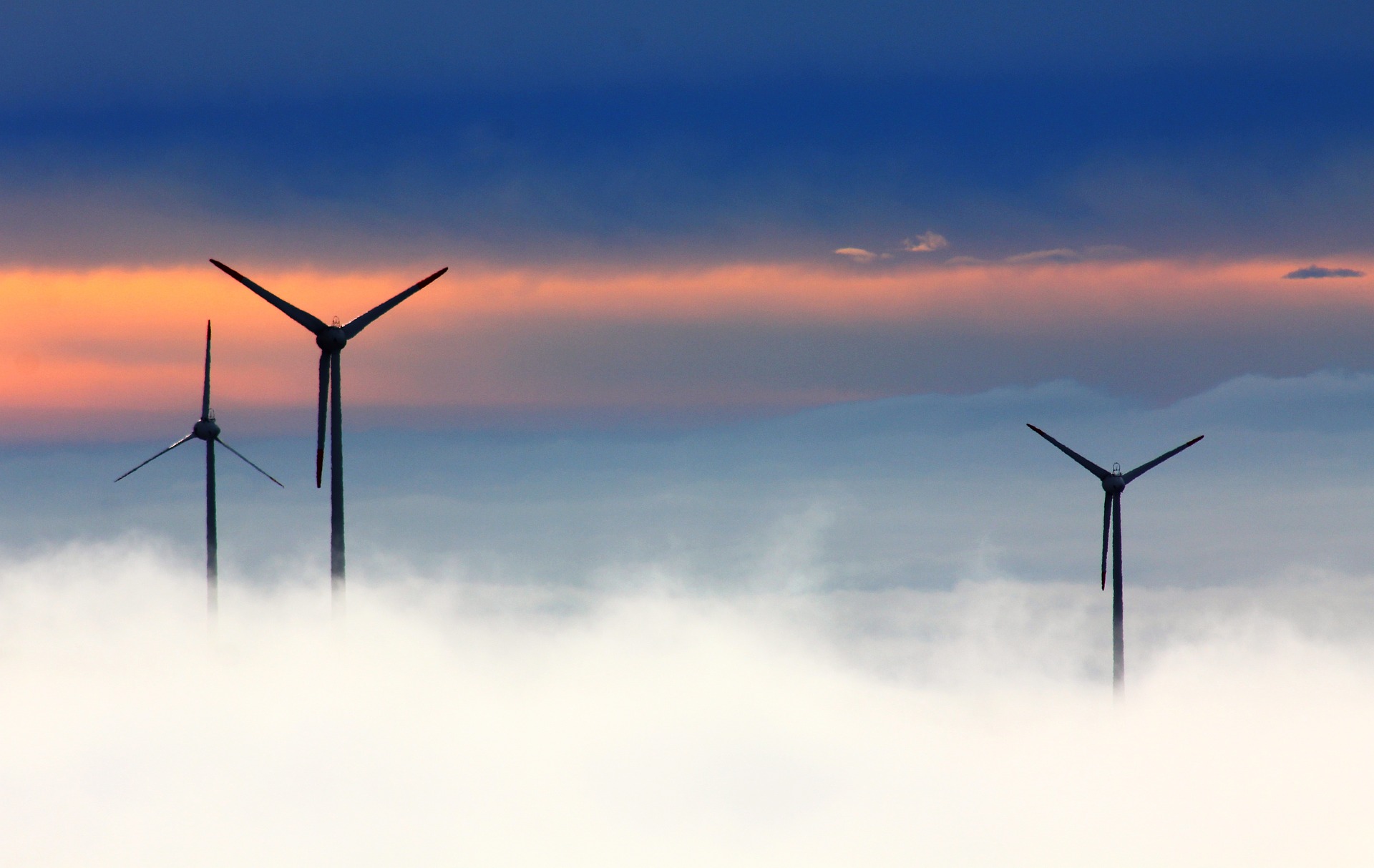
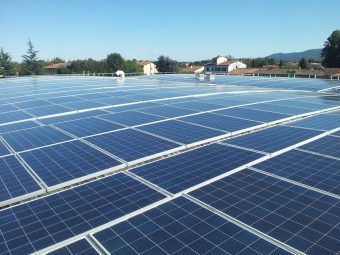
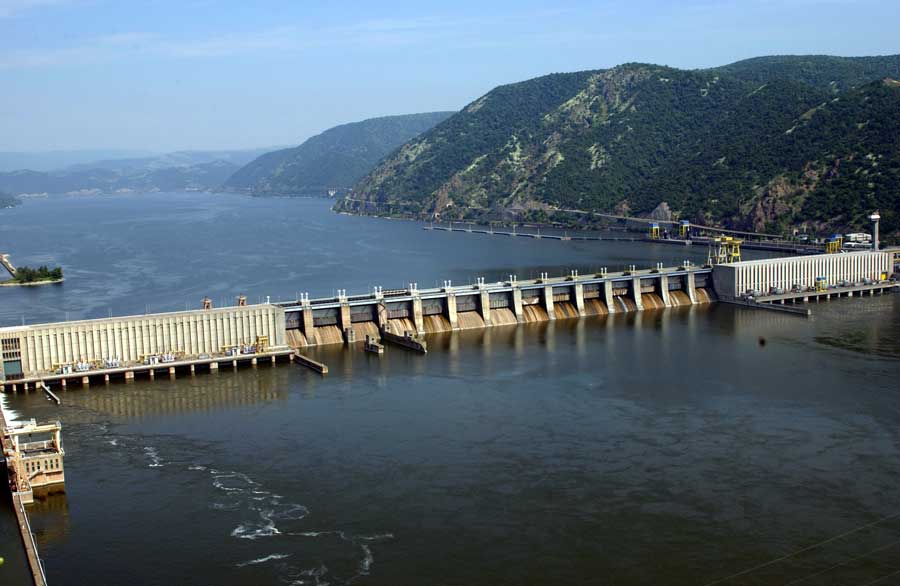
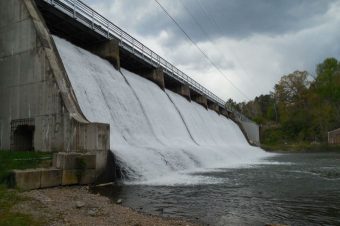
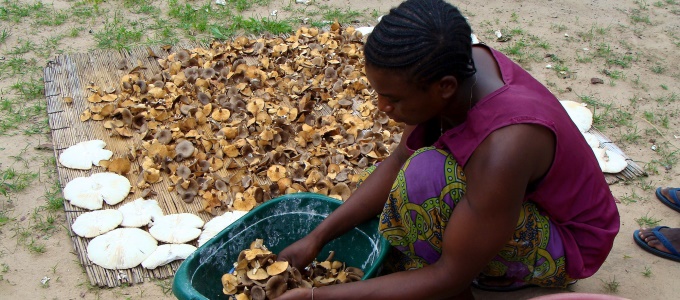
 Nearly 20 leading global banks and investors, totaling $6.6 trillion in assets, launched two weeks ago the Principles for Positive Impact Finance – a first of its kind set of criteria for investments to be considered sustainable.
Nearly 20 leading global banks and investors, totaling $6.6 trillion in assets, launched two weeks ago the Principles for Positive Impact Finance – a first of its kind set of criteria for investments to be considered sustainable.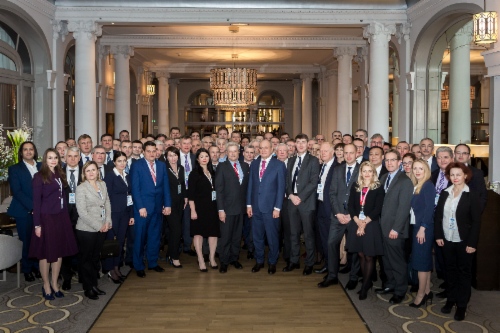
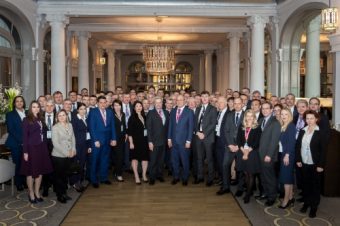 Paris hosted recently a joint meeting of two Working Committees (the Modern Technologies and Prospective Oil and Gas Industry Projects Working Committee and the Information and Communications Working Committee) of the International Business Congress (IBC). The meeting was moderated by Vitaly Markelov, Deputy Chairman of the Gazprom Management Committee, and Clemens Blum, Executive Vice President of Industry Business of Schneider Electric.
Paris hosted recently a joint meeting of two Working Committees (the Modern Technologies and Prospective Oil and Gas Industry Projects Working Committee and the Information and Communications Working Committee) of the International Business Congress (IBC). The meeting was moderated by Vitaly Markelov, Deputy Chairman of the Gazprom Management Committee, and Clemens Blum, Executive Vice President of Industry Business of Schneider Electric.